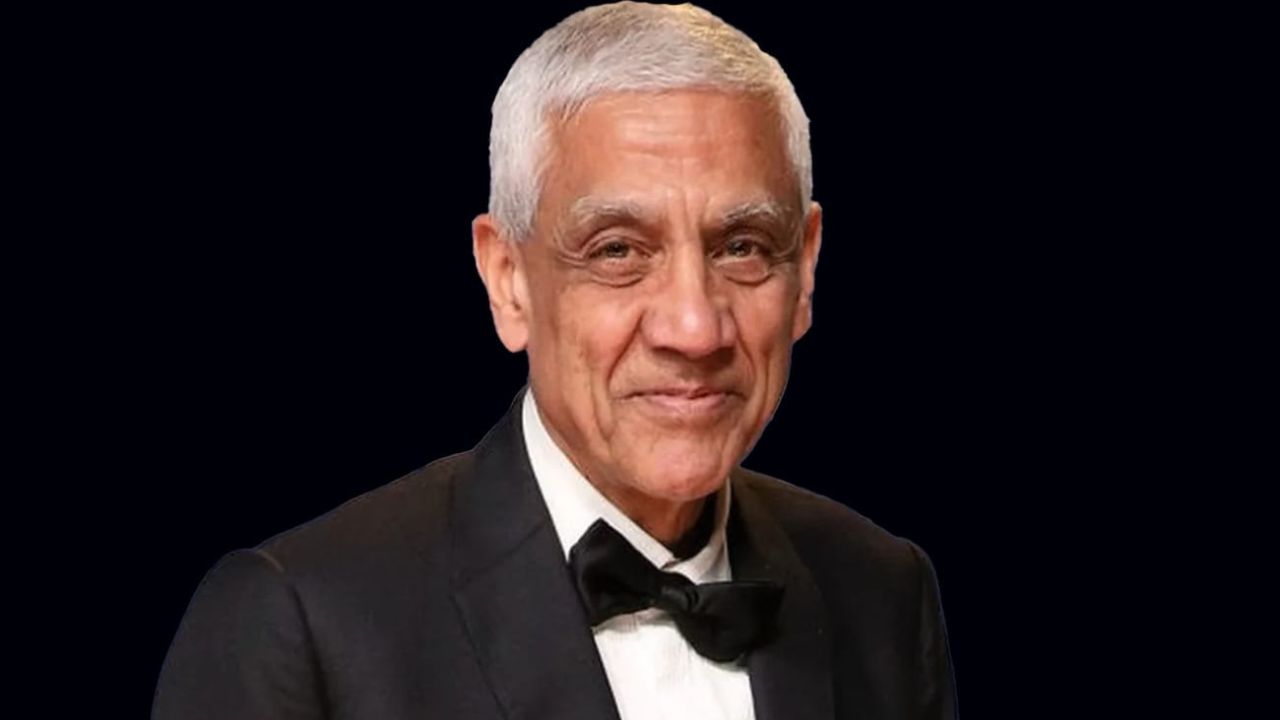Prominent Silicon Valley venture capitalist Vinod Khosla has made a bold and unsettling prediction: within just five years, artificial intelligence will be capable of performing 80% of all economically valuable jobs that humans can do.
Speaking on the “Uncapped With Jack Altman” podcast, Khosla painted a future marked by massive job displacement, corporate disruption, and ultimately, a post-work society. His comments, later featured in Fortune magazine, have sparked widespread debate in both tech and economic circles.
“Within the next five years, any economically valuable job humans can do, AI will be able to do 80% of it,” Khosla stated. “Eighty percent of all jobs can be done by an AI.”
A Technological Disruption Unlike Any Other
Khosla, the co-founder of Khosla Ventures and an early backer of companies like Square and Instacart, described the current AI wave as unlike any previous technological cycle — including the PC, the internet, and mobile revolutions.
“I’ve never seen a cycle like this,” he said. “Almost every job is being reinvented. Every material thing is being reimagined with AI as a driver.”
Khosla went as far as to compare the scope of transformation to the revolutionary social changes of the 1960s, but this time driven by intelligent machines rather than cultural movements.
The Fall of Corporate Giants
In addition to massive labor shifts, Khosla warned of a corporate reckoning. He believes the 2030s will see the fastest collapse of Fortune 500 companies in history, as incumbents fail to keep pace with nimble, AI-native startups.
“That transition won’t come from existing companies. Somebody new will reinvent this,” Khosla predicted.
This isn’t without precedent. Retail giants like Sears and Toys “R” Us have already fallen to digital disruption. But Khosla believes AI will accelerate this process exponentially, creating a tidal wave of change across industries.
The Post-Work Society
Looking further ahead, Khosla envisions a world where work becomes optional.
“By 2040, the need to work will go away,” he claimed. “People will work on things because they want to, not because they need to pay their mortgage.”
Such a shift would represent a fundamental restructuring of society, with economic systems built around universal access to AI services and possibly universal basic income to support displaced workers.
Sector-Specific Predictions
Khosla also shared specific forecasts for several key sectors:
🏥 Healthcare
AI will make medical expertise universally accessible:
“If all medical expertise is free… you have an unlimited number of primary care doctors, oncologists, gastroenterologists, mental health therapists… How would you redesign the healthcare system?”
He acknowledged that regulatory challenges and entrenched interests will delay progress, but not stop it.
🤖 Robotics
He predicts that humanoid robots will be common in homes by the 2030s, starting with specialized tasks like cooking.
“Almost everybody in the 2030s will have a humanoid robot at home,” he said. The main bottleneck? Not hardware — but AI capabilities.
⚡ Energy
Khosla is bullish on fusion and super-hot geothermal technologies, which he believes could make electricity cheaper than natural gas, transforming the energy sector.
A Contrarian Investor’s Vision
Khosla’s worldview is shaped by his bold, contrarian investment philosophy.
“Most people reduce risk to increase the probability of success. I do the opposite: I start with the high consequences of success. I don’t care about the probability of failure.”
He also stressed the value of founder-driven innovation over corporate R&D.
“Experts are terrible at predicting the future; they extrapolate the past. Entrepreneurs invent the future they want.”
A Future That Demands Adaptation
Khosla’s predictions may sound extreme, but they echo growing concerns among economists and policymakers about the pace of automation and technological unemployment. If AI truly displaces a majority of jobs in the coming decade, governments and societies will need to respond with radical changes in education, economic policy, and social safety nets.
Universal income, free lifelong learning, and a shift in the definition of work may no longer be theoretical discussions — but urgent necessities.


